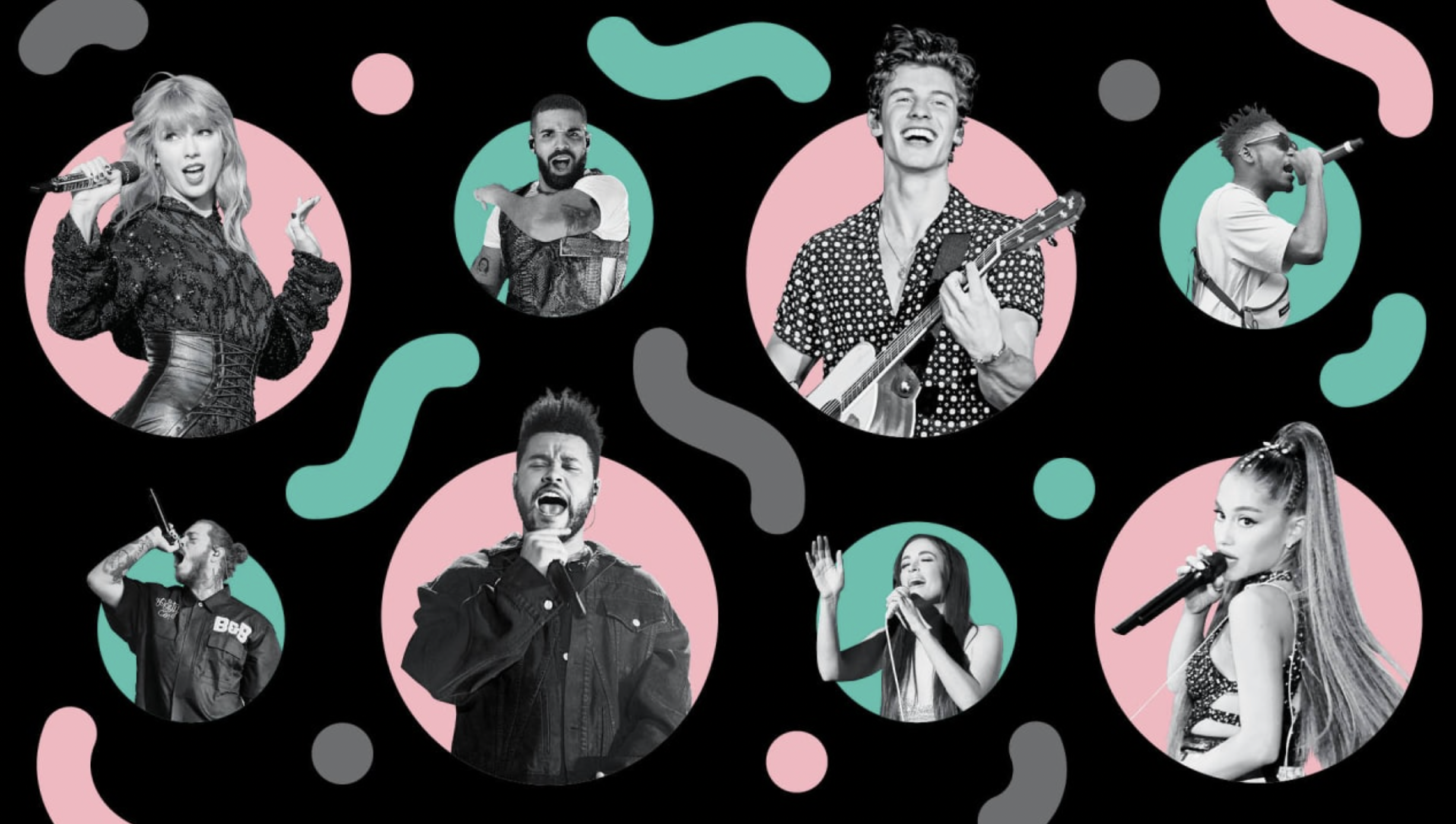
TikTok just got a lot quieter. Universal Music Group, one of the biggest players in the music industry, has decided to pull its music from the platform. This decision stems from a struggle to hash out a new licensing deal with TikTok. In a heartfelt letter to musicians and songwriters on January 30, UMG expressed frustration over TikTok’s stance on important issues like payment, AI usage, and safety measures.
UMG made it clear that their top priority is looking out for their artists. They firmly believe that standing up for their rights is more important than sticking with the app, despite the potential fallout. They’re determined to support their talent and defend the true value of music, both in terms of creativity and financial worth.
TikTok wasn’t having it, though. They fired back, accusing UMG of being driven by greed and spreading misinformation. Once UMG’s contract expired on January 31, TikTok users noticed a significant absence of UMG’s artists on the platform. UMG doubled down on their stance in a statement to Billboard, hinting that a resolution with TikTok seems far off.
This situation is unprecedented. While artists have pulled their music from TikTok in the past, nothing on this scale has happened before. It’s a tough reminder of the complexities involved in navigating the digital music world, where balancing the interests of artists, platforms, and users can be a real challenge.
Why did UMG pull music?
UMG pulled its music from TikTok due to several significant concerns outlined in their letter. Firstly, they highlighted issues with compensation, stating that TikTok offered to pay artists significantly less than other social platforms, despite contributing only a small fraction to UMG’s overall revenue. This disparity in compensation was a major sticking point for UMG.
Secondly, UMG expressed concerns about the use of AI-generated recordings on TikTok, which they viewed as a potential threat to the authenticity and livelihoods of their artists. They accused TikTok of effectively promoting the replacement of artists with AI-generated content, which they found unacceptable.
Additionally, UMG voiced worries about TikTok’s inconsistent content moderation practices, particularly regarding hate speech, bigotry, bullying, and harassment on the platform. They believed that these issues could negatively impact their artists and their reputation.
Whose sounds are disappearing?
As the largest among the Big Three major-label groups, encompassing powerhouse pop labels such as Republic, Interscope, Def Jam, Capitol, and Geffen, as well as distributing music from other labels, this move impacts a vast portion of the music industry.
This development doesn’t just affect artists signed directly to UMG labels; it also impacts songwriters whose music is published by Universal Music Publishing Group. This means that a broad spectrum of pop music’s biggest names, including Taylor Swift, BTS, Drake, Ariana Grande, Bad Bunny, SZA, Billie Eilish, Adele, Olivia Rodrigo, the Weeknd, and Rihanna, among others, will be affected by this decision.
UMG artists have seen significant success on TikTok, with the platform playing a pivotal role in amplifying their music. For instance, TikTok’s dance challenges helped propel hits like The Weeknd’s “Blinding Lights” and Olivia Rodrigo’s “drivers license” to unprecedented levels of popularity. Even established artists like Taylor Swift and Drake have leveraged TikTok to engage with their audience and promote their music.
However, UMG’s withdrawal from TikTok poses risks for artists like Swift, who is gearing up for her Eras tour, and Grande, who is preparing to release her seventh album, “Eternal Sunshine.” Missing out on the platform could mean losing valuable opportunities for promotion and engagement with fans.
While some artists, like Metro Boomin from Republic Records, have expressed support for UMG’s decision, citing concerns about the authenticity of content on TikTok, others may see it as a missed opportunity to connect with a diverse and engaged audience.
Well, how much does TikTok pay artists?
Short answer: We don’t know. The exact details of the royalties UMG receives from TikTok aren’t publicly disclosed, making it difficult to determine the precise impact on their income. However, it’s evident that TikTok contributes only a fraction to UMG’s overall revenue. According to Goldman Sachs’s 2023 report, TikTok generated $220 million in revenue for the music industry in 2022, representing a small portion of the industry’s total earnings.
UMG has long been concerned about TikTok’s payment structure, with CEO Sir Lucian Grainge emphasizing the importance of fair compensation for artists. Despite hopes for a favorable agreement expressed during UMG’s 2022 Q3 earnings call, negotiations with TikTok have proven challenging. Grainge remains determined to ensure that UMG artists are fairly compensated, drawing from past experiences with platforms like YouTube and MTV.
In essence, while TikTok’s revenue contributes to the music industry, its significance to UMG’s bottom line is relatively minor compared to other sources of income. UMG’s leadership remains committed to advocating for fair compensation for artists in their dealings with TikTok.
when is this happening?
Well, it already has. UMG’s deal with TikTok was up January 31, and its artists’ music is off the app since February 1. If you attempt to use a UMG artist’s song on TikTok, it says “music is not available.” If you’ve been sitting on any SwiftTok ideas, looks like you’ll have to keep waiting.1
- Content sourced from Universal Music Group Is Taking Your Favorite Songs Off TikTok and edited by Chat GPT ↩︎